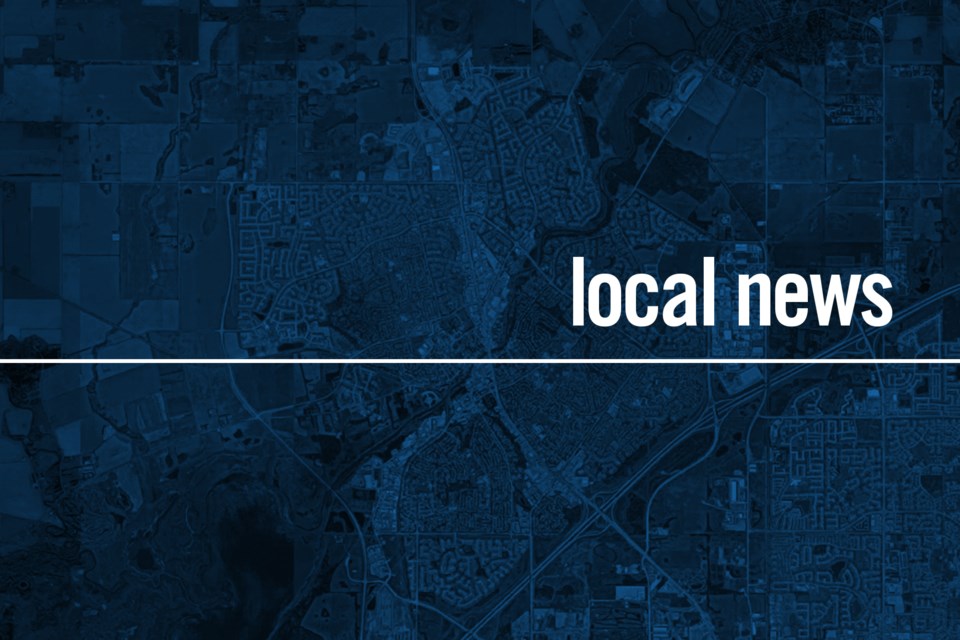Residential school survivor Stephanie Harpe said Indigenous communities want to heal from the trauma inflicted on them by the province and the country.
Harpe, who is an international advocate for Murdered, Missing, Exploited Indigenous Peoples (MMEIP), and the program coordinator at the Institute for the Advancement of Aboriginal Women, shared her experiences with the St. Albert Rotary club on July 10.
Harpe is a survivor of residential school, among other atrocities inflicted upon her.
First opened in 1876 as part of the Indian Act, residential schools were created to strip Indigenous children of their culture and assimilate them into Euro-Canadian culture.
More than 150,000 Indigenous children attended these religious schools. These children were removed from their families, deprived of their ancestral language, and many were physically and sexually abused. As many as 6,000 children are thought to have died in residential schools.
“I've survived every horrible statistic that you can think of, but I was never a person who hurt other people," Harpe said.
Harpe's mother Ruby Anne McDonald was murdered in Edmonton in 1999, and later in life, the advocate went on to testify at the national inquiry into missing and murdered Indigenous women and girls.
Harpe’s mom tried to get help for her trauma and the abuse she faced, but Western doctors just prescribed her drugs and pills. Eventually, Harpe and her siblings were taken away.
“My mother wanted real help. They suggested shock treatment to my mother and my mother was never the same … it got worse from there. We've had this history of severe traumas, and when you see that an Indigenous person suffering, there is a reason for that,” Harpe said.
“We did not do this to ourselves.”
The advocate said Indigenous people want “the healing that is owed to us” by the government and said it is much more complicated than just providing payouts.
“The Canadian government owes us counselling, supports, mental health and addictions support (for) every Indigenous person in this country so we are fighting for that to this day,” Harpe told the Rotary club.
“We are wanting to get better, we are wanting this change. It's just really hard when you feel forgotten, when you feel you have no voice.”
Harpe said Canada profits off Indigenous suffering by locking up Indigenous people in prisons, or taking away young children from their parents. It will take the efforts of everyone to stand up against these injustices and stop the abuse inflicted on Indigenous communities.
“If we don't move forward in action, and a movement of love for each other, things are not going to change,” Harpe said.
Harpe said Canada has a lot of work to do still when it comes to the treatment of people of colour.
“I believe that Canada can do better.”




